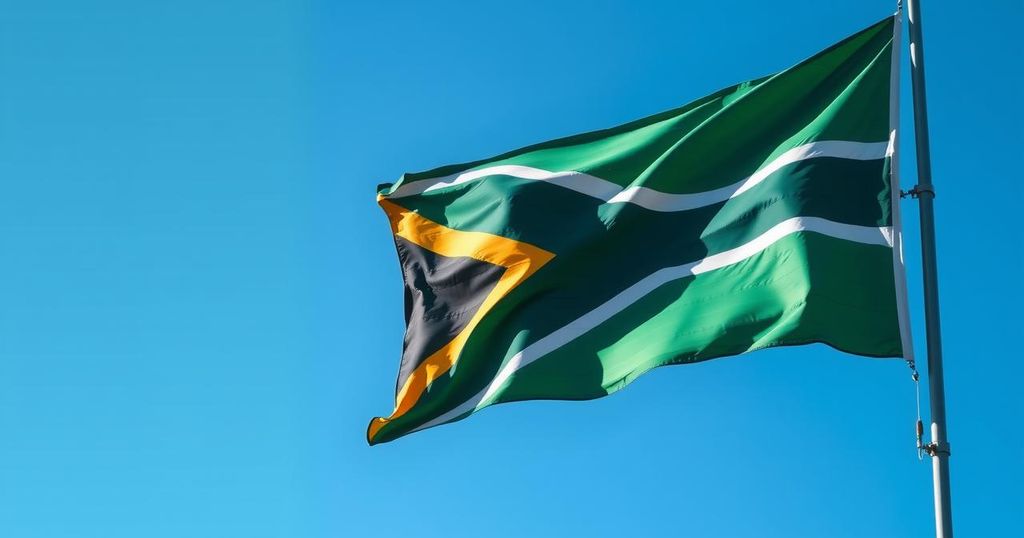South Africa will retain its Antarctic research team despite allegations of physical assault and sexual harassment against one researcher. The investigation faces challenges due to the remote location, where oversight is difficult. Experts highlight patterns of misconduct in Antarctic fieldwork and the importance of supporting victims while maintaining operational integrity during harsh winters.
South Africa has decided not to remove its scientific team from Antarctica following allegations of physical assault and sexual harassment against a researcher at the Sanae IV base. Dion George, the environment minister, stated that there were no incidents requiring the return of any team member, and affirmed that conditions on the base remain calm and under control. The allegations, first reported last month, have prompted an investigation despite the challenges posed by the remote location, which is nearly 2,700 miles from South Africa.
Antarctica’s harsh environment and extreme isolation complicate oversight of researchers’ conduct. With limited infrastructure, individuals stationed there can face prolonged periods cut off from outside communication. Despite the absence of permanent residents, instances of misconduct have been noted in past years, highlighting ongoing issues in maintaining discipline and safety.
The allegations surfaced shortly after the team departed on February 1 for a 13-month mission. The accused researcher has reportedly expressed remorse and apologized to the victim, while also undergoing a psychological evaluation. However, experts highlight a persistent pattern of harassment in Antarctic research, complicating reporting processes for victims in such isolated conditions.
Researchers are subjected to rigorous vetting processes before deployment, covering technical skills, psychological evaluations, and their medical and interpersonal histories. Dr. George emphasized that all was in order before the team’s departure. Nonetheless, removing a team member from a base can pose significant risks to operations, particularly as scientists rely on all personnel to sustain activities throughout the Antarctic winter.
The looming severe Antarctic winter, mainly experienced between July and August, may exacerbate the situation, raising concerns for the well-being of individuals involved. Experts stress that addressing misconduct in Antarctic research is crucial, given the unique challenges imposed by the continent’s extreme conditions, which complicate accountability and support for victims.
In conclusion, South Africa has opted not to remove its Antarctic team despite serious allegations against one researcher, emphasizing the unique challenges of investigating such claims in isolated conditions. The situation underscores the need for strict measures and considerations regarding misconduct in Antarctic research, as the implications of team dynamics during harsh winters are critical to ongoing operations and safety. Experts call for enhanced awareness and efforts to mitigate harassment and ensure a secure working environment.
Original Source: www.nytimes.com




